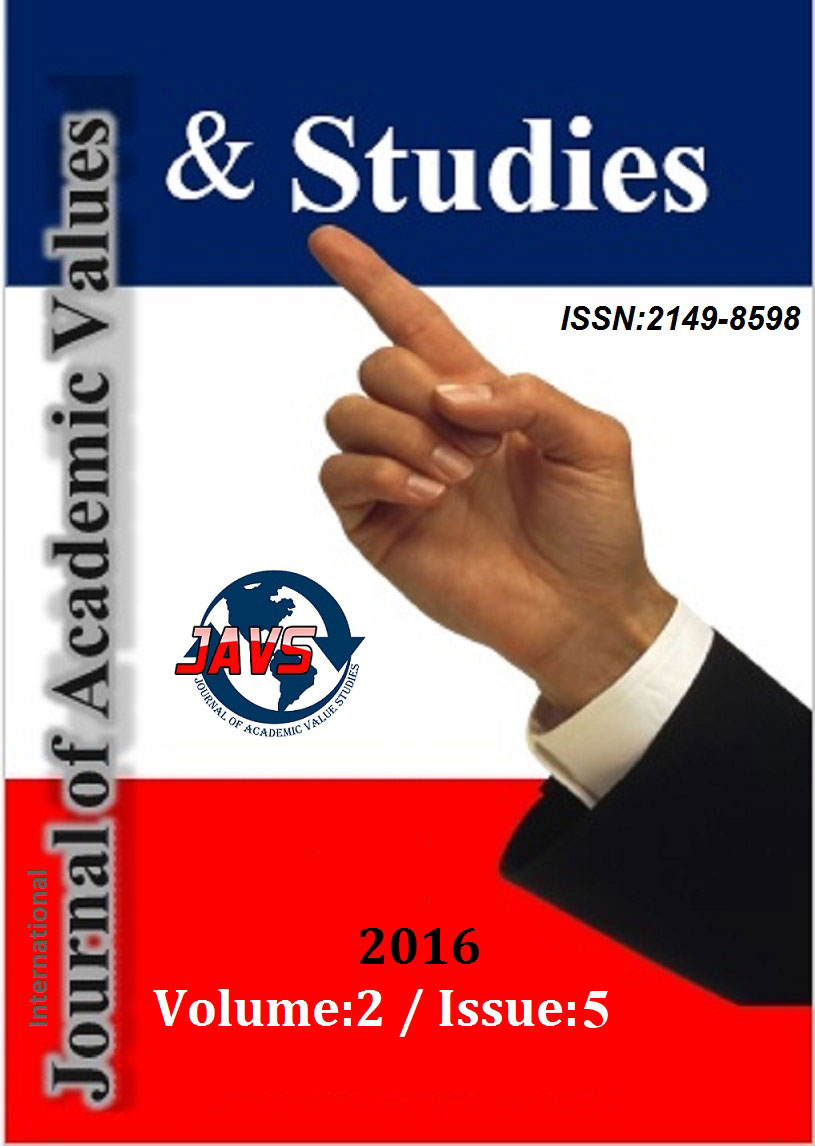ERP Yazılımları Kullanıcılarından Yola Çıkılarak Teknoloji İnovasyonu Yayılımı Algısını Etkileyen Faktörler: Türkiye’de Tekstil İşletmeleri Üzerinde Bir Araştırma
Author :
Abstract
Küreselleşen dünya ekonomisinde işletme süreçleri her geçen gün daha karmaşık bir hale gelmektedir (Wu & Wang, 2006: 882). Bu karmaşanın önüne geçilmesi için teknoloji edinimi yapılması gerekmektedir (Burca, Fynes & Marshall, 2005: 427). Teknoloji ediniminden beklenen faydaların gerçekleşmesi için bazı kritik başarı ölçütlerinin hem yapısal hem de örgütsel bağlamlarda gerçekleşmesi gerekmektedir (Elbertsen, Benders & Nijsen, 2006: 813). Buradan yola çıkarak bu proje Kurumsal Kaynak Planlama (ERP) yazılımlarının kullanıcılarının algılarından faydalanarak teknoloji inovasyonunu etkileyen faktörleri Türkiye’deki tekstil işletmeleri bağlamında araştırmayı hedefler. Bu kapsamda, öncelikli olarak konu ile ilgili literatürün özetlenmesi hedeflenmektedir. İkinci aşamada literatürden elde edilen verilerden yola çıkılarak rastsal yöntemlerle belirlenen bir örnekleme uyarlanacak olan anketin uygulanması gerçekleştirilmiştir. Bu uygulamadan elde edilen veriler değerlendirilerek inovasyonun yayılımı algısını etkileyen faktörlerin belirlenmesi sağlanmıştır. Proje çıktılarının hem akademisyenler, hem de işletme yöneticileri için faydalı bilgiler içereceği tahmin edilmektedir.
Keywords
Abstract
In the globalizing world economy, business processes are becoming more and more complex day by day (Wu & Wang, 2006: 882). In order to prevent such complexity, firms make technology adoption (Burca, Fynes & Marshall, 2005: 427). Furthermore, in order to obtain the benefits of these adoptions, it is crucial to perform some critical success factors both in structural and organizational contexts. Starting from here, this project aims to determine the factors affecting innovation adoption by using the perceptions of end-users of Enterprise Resource Planning (ERP) software in Turkish textile sector context. With this respect, the first phase of the project covers a detailed literature review. The second phase of the project deals with application of a derived survey to a randomly defined sample. The third and the last phase of the project includes analysis of the data acquired by using proper analysis methodology. It is estimated that the results of the project will provide beneficial information for both academics and practitioners.





